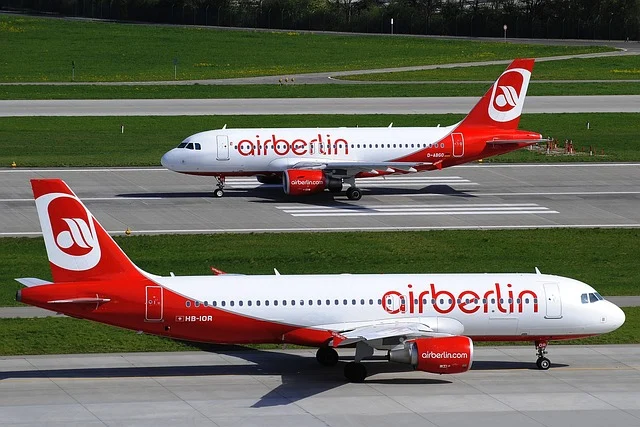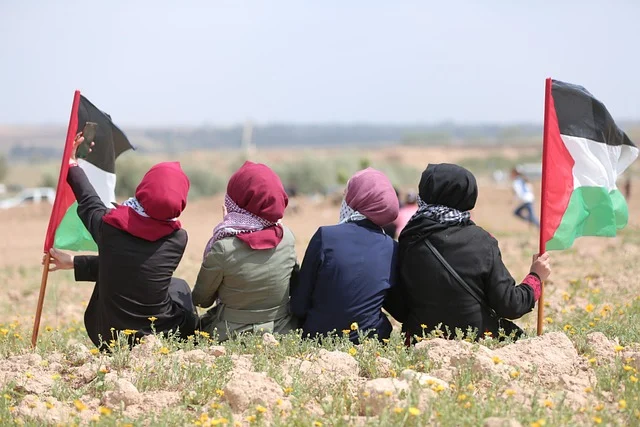As global travel becomes increasingly common, many Muslims find themselves facing a critical question: How do I perform my prayers (ṣalāh) while flying on a plane? Whether traveling for business, leisure, or pilgrimage, maintaining religious obligations during a flight can be challenging. Fortunately, several fatwas (Islamic legal rulings) have addressed this topic, offering flexibility and solutions based on Islamic jurisprudence and real-world constraints.
In this article, we’ll explore recent fatwas by respected scholars and institutions, look at practical steps to pray mid-flight, and clarify what’s required when you’re in the air.
What Do the Fatwas Say? 🧕📜
1. Prayer Cannot Be Skipped, Even on a Plane
Scholars emphasize that being on an airplane does not exempt a Muslim from prayer. Instead, efforts should be made to determine prayer times according to the departure and destination locations, and perform the prayer in the best way possible under the circumstances.
Source Fatwa: The Islamic Fiqh Council (under the Organisation of Islamic Cooperation) has stated that prayer must be performed within its time unless one truly cannot do so.
2. Direction of Qiblah is Important, But Not Always Possible
The obligation to face the Qiblah remains — if you’re able.
- ✅ If space is available and the crew allows it, pray standing and facing the Qiblah.
- ❌ If not possible due to constraints, scholars say you may pray in your seat, facing whatever direction is feasible.
Fatwa Example: Shaykh Ibn Baz and Shaykh al-Uthaymeen both permitted sitting and praying in any direction when standing and facing Qiblah isn’t possible.
3. Praying While Sitting Is Permissible
If you cannot stand safely or there’s no room, you may pray sitting in your seat — performing rukūʿ (bowing) and sujūd (prostration) as much as you can, even by bending forward. Make your intention (niyyah) clear in your heart, and focus sincerely despite the unconventional position.
Fatwa Example: Shaykh Ibn Bāz (rahimahullah) stated: “Whoever is unable to stand during voluntary or obligatory prayers due to illness or other reasons such as being on a plane… it is permissible for him to pray sitting and gesture for rukū‘ and sujūd.”
(Majmū‘ Fatāwā Ibn Bāz, vol. 10, p. 381)
Shaykh Ibn ‘Uthaymīn also said: “If a person is unable to stand on a plane, it is permissible for him to pray sitting and to bow and prostrate by nodding his head…”
(Liqa’ al-Bāb al-Maftūḥ, no. 118)
4. Combining Prayers During Travel Is Allowed (Jam’) 🕋
slam allows travelers to combine Dhuhr with ‘Asr, and Maghrib with ‘Ishā, either at the earlier or later time. This makes it easier to plan prayers around flight schedules and airport logistics.
Fatwa Example: The Permanent Committee for Islamic Research and Ifta (Saudi Arabia) said: “It is permissible for a traveler to combine prayers… The Prophet (peace be upon him) did that during journeys.”
(Fatāwā al-Lajnah ad-Dā’imah, 8/109)
Shaykh al-Albani also emphasized: “Combining is a sunnah concession for the traveler — whether by plane, car, or ship.”
(As-Silsilah as-Sahīhah, hadith 1643)
5. Delaying Prayer Is Permissible Only If Necessary ⏳
Delaying a prayer while traveling (to pray it after landing) is allowed only when you’re confident you’ll be able to perform it within the allowed time frame.
Fatwa Example: Shaykh Ibn Bāz said: “If the time for prayer comes and one is unable to pray due to fear or extreme difficulty… he may delay it and pray it later — as long as it remains within the valid time or can be combined with another prayer.”
(Fatāwā Nūr ‘ala ad-Darb)
Dar al-Iftaa Egypt similarly says: “It is permitted for a traveler to delay the prayer in case of hardship, as long as it does not extend beyond the combined time with the next prayer.”
Practical Tips for Praying on a Plane 🧳
✅ Check prayer times in advance using a reliable Islamic app that adjusts for flight time zones.
✅ Ask the flight crew politely if there’s space to stand and pray — some long-haul flights may accommodate.
✅ Carry a compass/Qiblah app to help find direction.
✅ Keep wudū’ (ablution) before boarding if possible, or use a small water bottle in the restroom.
✅ Have a printed or mobile du‘ā’/sūrah guide if you forget parts under pressure.
✅ Use a travel prayer mat — even for seated prayer, this can offer some comfort and sanctity.
Conclusion
Performing ṣalāh on a plane is not only possible — it’s encouraged as a sign of commitment to your faith. The beauty of Islam lies in its flexibility and mercy, especially during travel. Fatwas from major scholars confirm that intention, sincerity, and effort matter more than perfect conditions.
https://fatwanews.com/fatwas-permitting-limited-use-of-alcohol-in-islam/




